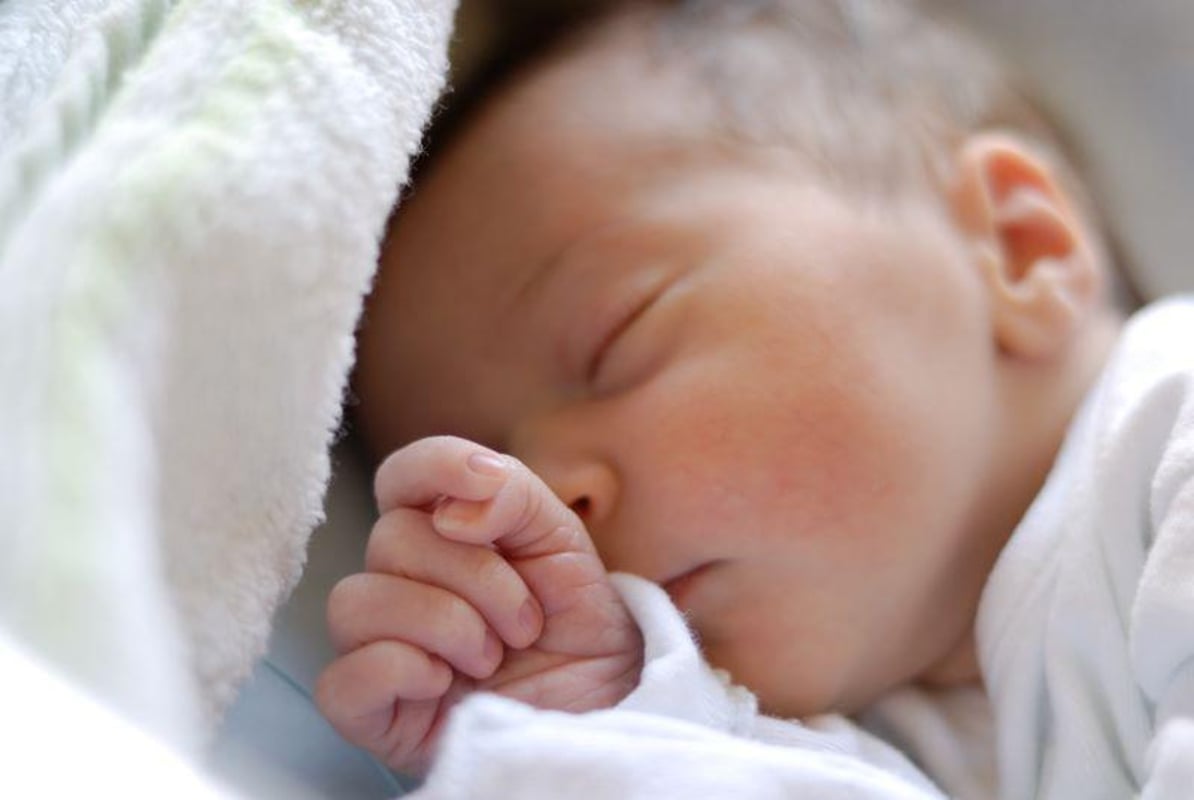Vibrating Crib Mattress Beneficial for Newborns With Prenatal Opioid Exposure

WEDNESDAY, May 17, 2023 (HealthDay News) -- For newborns with prenatal opioid exposure (POE), use of a vibrating crib mattress was associated with a reduction in administration of morphine treatment (AMT), according to a study published online May 15 in JAMA Pediatrics.
Elisabeth Bloch-Salisbury, Ph.D., from the University of Pittsburgh School of Medicine, and colleagues examined the efficacy of a vibrating crib mattress in a dual-site randomized clinical trial involving 208 newborns with POE. Half the cohort received treatment as usual (TAU), and half received standard care plus low-level stochastic (random) vibrotactile stimulation (SVS) using a uniquely constructed crib mattress. The analyses included 181 newborns who completed hospitalization at the study sites.
The researchers found that 66.9 percent of the infants were discharged without medication and 33.1 percent were transferred to the neonatal intensive care unit for morphine treatment (51.7 and 48.3 percent TAU and SVS, respectively). The treatment rate did not differ significantly between the groups, with 35.6 and 30.9 percent of infants in the TAU and SVS groups, respectively, receiving morphine treatment. Infant duration on the vibrating mattress in the newborn unit was associated with a reduction in AMT in adjusted analyses (adjusted odds ratio, 0.88 hours/day). For infants who received SVS for an average of six hours per day, there was a 50 percent relative reduction seen in AMT. Among 32 infants transferred to the neonatal intensive care unit for morphine treatment who completed treatment within three weeks, those assigned SVS finished treatment nearly twice as fast as those in the TAU cohort (hazard ratio, 1.96), resulting in 3.18 fewer days of treatment and receipt of a mean of 1.76 mg/kg less morphine.
"The findings support the effectiveness of SVS as a complementary nonpharmacologic intervention for treating newborns with POE," the authors write.
One author holds a patent licensed to Prapela, a biotechnology medical device company.
Abstract/Full Text (subscription or payment may be required)
Related Posts
New ALS Drug Approved in Canada While Still Under FDA Review
MONDAY, June 13, 2022 (HealthDay News) -- An experimental drug for amyotrophic...
Midday Naps & Health: How Long You Nap May Be Key
THURSDAY, April 27, 2023 (HealthDay News) -- If you're longing for a nap, try to...
Lead Toxin Concerns Spur Recall of Toddler Sippy Cups
MONDAY, Nov. 28, 2022 (HealthDay News) -- Parents whose toddlers use certain...
En EE. UU., 7 millones de mujeres viven en ‘desiertos’ de atención de maternidad, según un informe
MARTES, 11 de octubre de 2022 (HealthDay News) -- El embarazo puede ser más...
